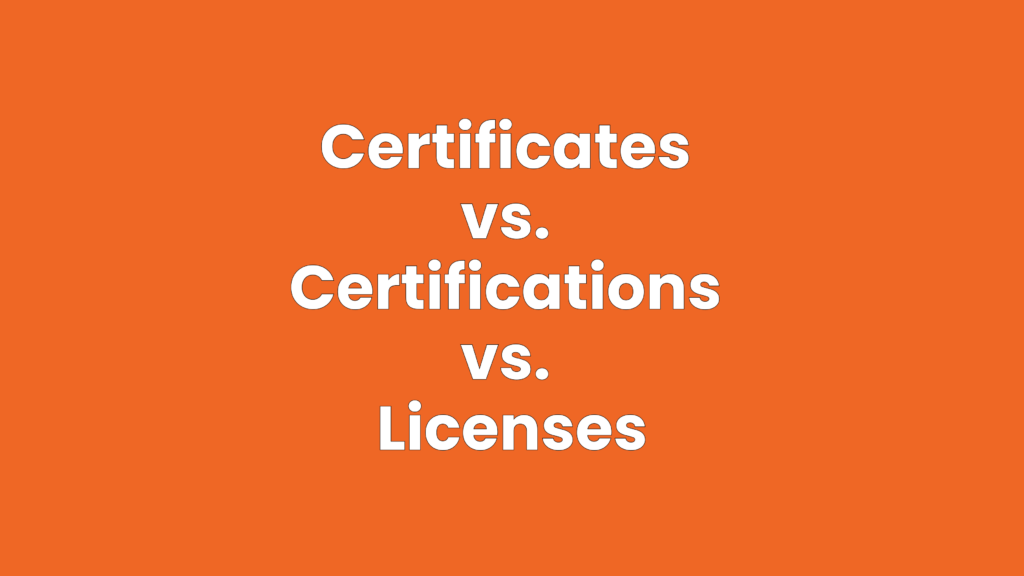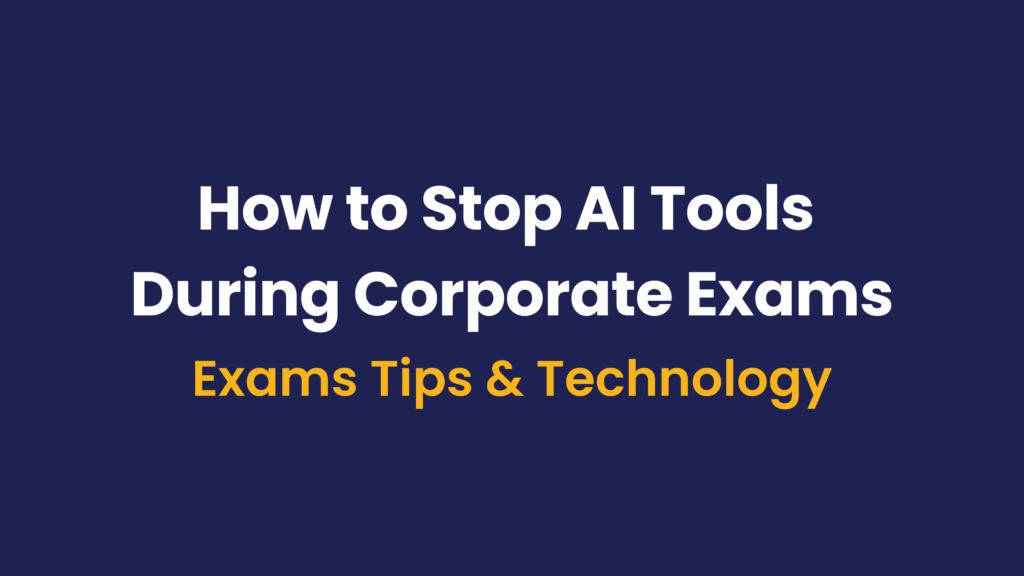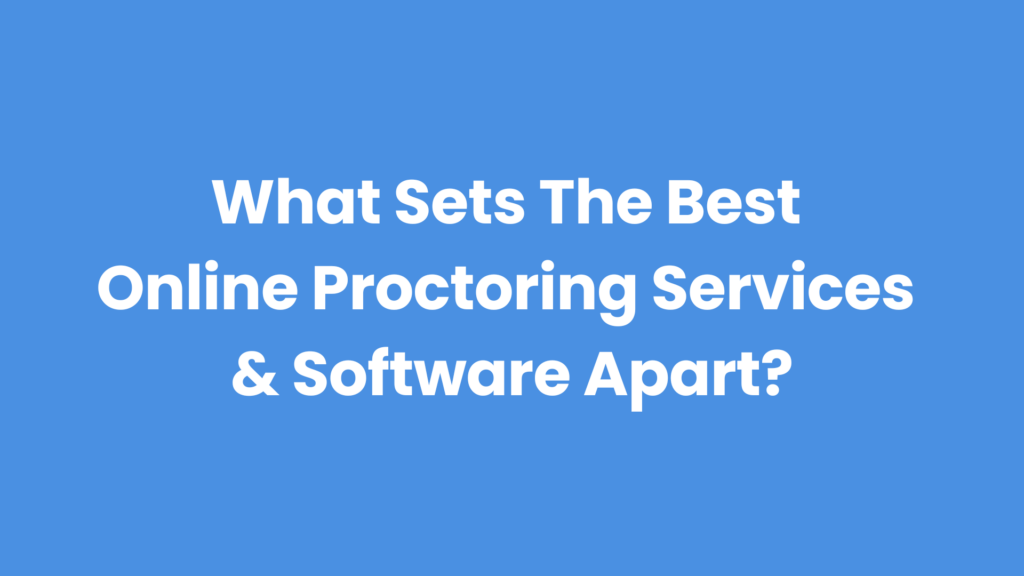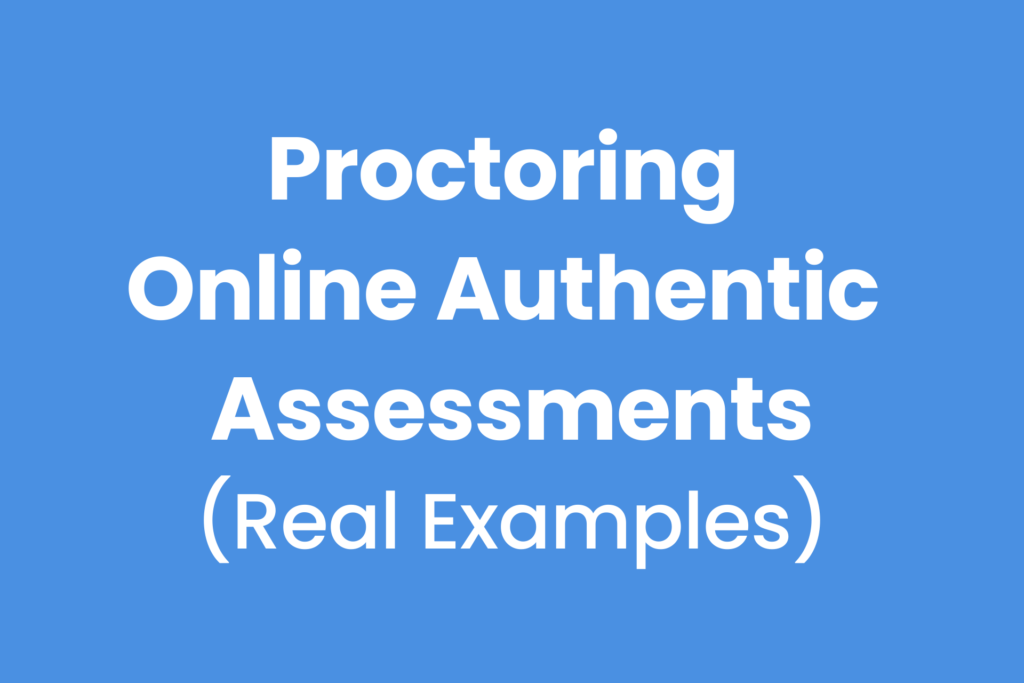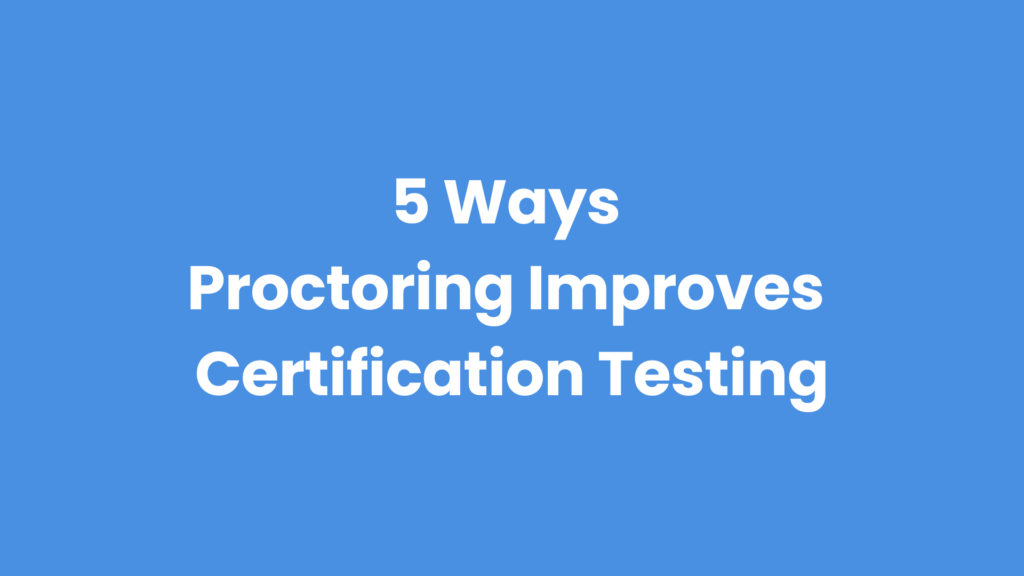What is Industry 4.0?
The simple answer is that Industry 4.0 uses really smart technologies to make companies bigger, better, faster, stronger. Tons of technologies are involved, but we’ll focus on a few that are foundational elements of the “Fourth Industrial Revolution”:
- Artificial Intelligence (AI): machines learn and do tasks requiring human-like intelligence.
- Machine Learning (ML): algorithms learn from data to improve AI performance.
- Internet of Things (IoT): internet-connected devices that collect and exchange data.
- Cloud Computing: delivers internet-based data storage, processing, and software.
- Robotics: robots perform tasks to replace or assist humans.
The first and second industrial revolutions (Industry 1.0 & 2.0) used simple machines, assembly lines (think Henry Ford), and, eventually, electricity for mass production. The third (Industry 3.0), also called the Digital Age and Information Age, brought computers and automation into the mix.
Industry 4.0 relies on multiple technologies
Instead of any technology working by itself, Industry 4.0 depends on technologies working together. For example, IoT devices send real-time data to the cloud, where it’s stored and processed. Then, AI and ML analyze the data to find problems, predict trends, and suggest improvements to technologies and processes. This creates a cycle of improvement.
But there’s a catch:
you need people that can effectively implement and manage these technologies.
But there’s a catch:
you need people that can effectively implement and manage these technologies.
Industry 4.0 technologies
Artificial intelligence, the cloud, machine learning, and the Internet of Things. You’ve probably heard these at some point, but they aren’t just trendy buzzwords; they’re powerful technologies that help organizations become more efficient, connected, agile, and ready for anything.
Artificial Intelligence (AI) and Machine Learning (ML)
Many technologies are involved in Industry 4.0, which relies on automation and data, but AI and ML are the brains and the foundation behind it all.
They make simple automation highly intelligent and adaptable, and data processing is more predictive and accurate. And because of that, organizations can be more proactive and flexible, rather than reactive and scrambling to catch up.
Without AI and ML, Industry 4.0 would be entirely different—or maybe not even a thing yet. Organizations would likely face slowed production, increased waste (time, resources, and materials), lower quality, missed opportunities in the market, and ultimately, decreased profits.
Sometimes the terms are used interchangeably, but they’re different. ML is just one branch of AI, which also includes technologies like natural language processing (NLP), large language models (LLM), robotics, speech recognition, and computer vision.
While both make machines smarter, they do it in different, but complementary ways:
- AI helps machines learn, solve problems, and make smarter decisions.
- ML uses algorithms to help machines learn from data and make their own decisions about their actions and future events.
Internet of Things (IoT)
The Internet of Things just means smart devices and technologies connected to the Internet that can collect and share data, and, in some cases, interact directly with each other.
Here are IoT technologies and how they’re used at home and at work:
IoT at home: Smartphones, TVs, thermostats, cameras, appliances, etc. For example, controlling your thermostat and security system from your smartphone.
IoT at work (Industrial Internet of Things): automated systems, machine sensors, security and remote monitoring, data analytics, robots, cloud computing, etc. For example, a self-driving forklift stacks pallets and relays progress data to cloud platforms
Without the constant stream of data from IoT, Industry 4.0 wouldn’t have the data it needs or the real-time communication between all the devices and technologies involved.
Cloud Computing
You’ve probably heard of cloud computing and other terms, like “the cloud.” So, what do they actually mean?
In simple terms, cloud computing just means using the internet to store data and access software and other resources instead of using physical hardware. It’s one of the major reasons that we can collaborate in real time while working remotely.
Cloud computing is usually a “pay-as-you-go” model, so companies only pay for what they actually use. It also means no setup fees and unpredictable overhead costs for physical hardware, which means saving a lot of money on equipment, electricity, etc.
How many companies use cloud computing?
Most companies use cloud computing in some way. Whether it’s just for accessing email and sharing documents or for managing internal operations and hosting their cloud-based products and services entirely online.
Robotics
Robots are great at performing repetitive (and hazardous) tasks all day, every day, and they can integrate with Industry 4.0 technologies, which means they can communicate, collect, and share data in real time.
Using robots doesn’t necessarily mean better quality products—some people pay more for handmade products—but they can help standardize production processes, making them more predictable and less prone to errors (hopefully).
Preparing the workforce for Industry 4.0
While companies are doubling down on Industry 4.0 technologies, they need workers who can effectively use them.
That’s why companies are investing in developing their people by upskilling and reskilling them through Industry 4.0 certification programs that train them to use these technologies.
Industry 4.0 certification programs
Industry 4.0 certifications come in all shapes and sizes. Some focus on learning the fundamentals of Industry 4.0 as a whole, while others are specialist programs for specific roles.
For example, Smart Automation Certification Alliance (SACA), offers a Certified Industry 4.0 Professional certification, which requires participants to earn a series of micro credentials for a wide variety of technologies to earn the certification. In contrast, they also offer specialist certifications like Automation Systems Specialist and Electrical Systems Specialist, which are tailored for specific roles.
Regardless of the type, earning an Industry 4.0 certification usually requires a standard testing component, a written knowledge assessment, and a hands-on practical assessment. This proves that participants know the information and can apply what they’ve learned in real-life situations.
Securing Industry 4.0 certification exams
Any certification exams need to be remotely proctored to prevent cheating and protect the exam content and validity of the program.
- Sharing your exam content on the internet
- Using their cell phones to look up answers
- Getting ChatGPT or other generative AI to write responses
- Asking Siri and Alexa for help
- Having someone take the test for them (contract cheating)
Proctoring certification exams with Honorlock
Honorlock’s remote proctoring solution secures certification exams from start to finish with a hybrid approach that combines live proctors and AI monitoring.
Organizations get secure certification exam proctoring that’s scalable, affordable, and customizable, while participants enjoy the flexibility of taking their exams anytime, anywhere, without scheduling.
Here's how Honorlock works (scroll)
AI monitors each participant's behavior during the exam
What if the AI detects potential misconduct?
Proctors reviews & intervene if necessary
Accessing exam reports and recordings
Honorlock's Proctoring Features & Benefits

Exam content protection
Honorlock’s Search & Destroy™ proctoring technology automatically scans the internet to find leaked exam questions and offers a one click option to send content takedown requests.

Cell phone detection
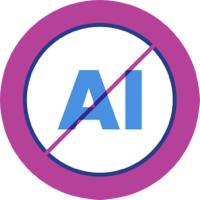
Block AI tools

ID verification & room scans

Secure test browser
Honorlock’s BrowserGuard™ secures test browsers by recording desktops and preventing and flagging when participants try to access other browsers and use keyboard shortcuts, like copying and pasting.

Proctor exams in third-party platforms
Our online proctoring software integrates with third-party assessment platforms to secure certification exams taken outside of your assessment platform.

Smart voice detection
Instead of flagging unimportant noises like coughing, Honorlock’s AI listens for certain keywords and phrases that may indicate cheating, like participants saying, “Hey Siri” or “Alexa,” to activate a voice assistant for help.
Integrating Honorlock with your assessment platform
24/7 proctored certification exams with live support
Flat-rate proctoring costs
New technologies are always popping up with different, and sometimes better, ways to do things.
But the challenge—and opportunity—is to continuously upskill and reskill our workforce for today and tomorrow because keeping skills sharp and credentials current isn’t just beneficial—it’s required to stay competitive and innovative.


